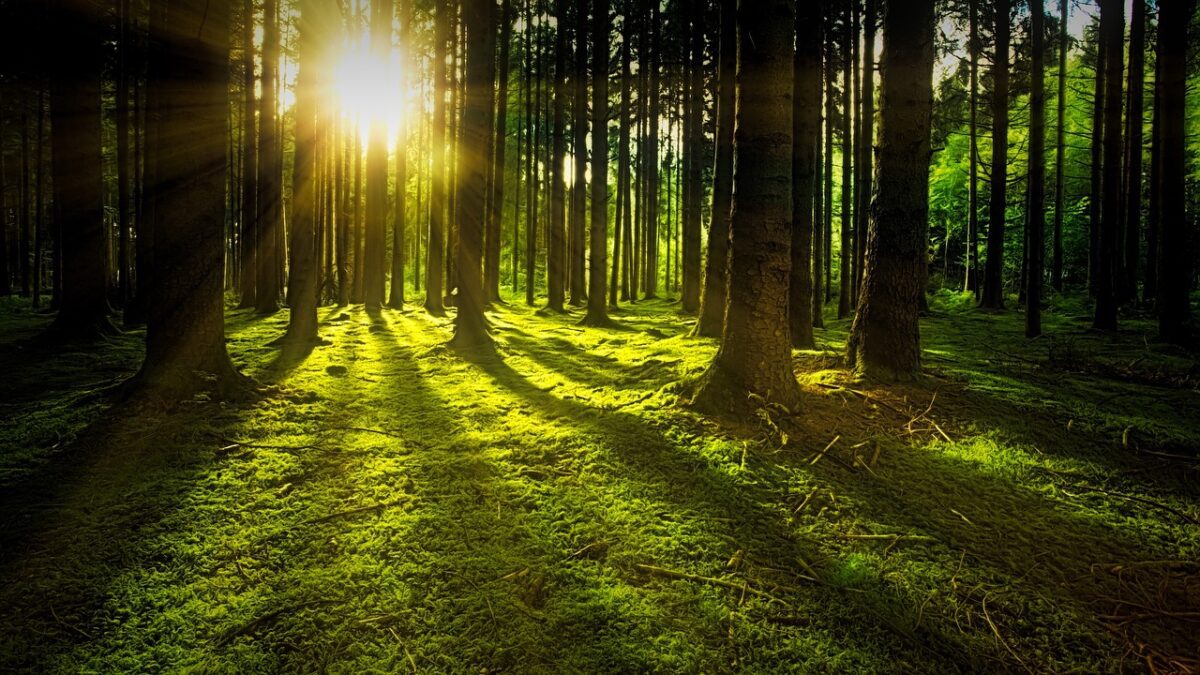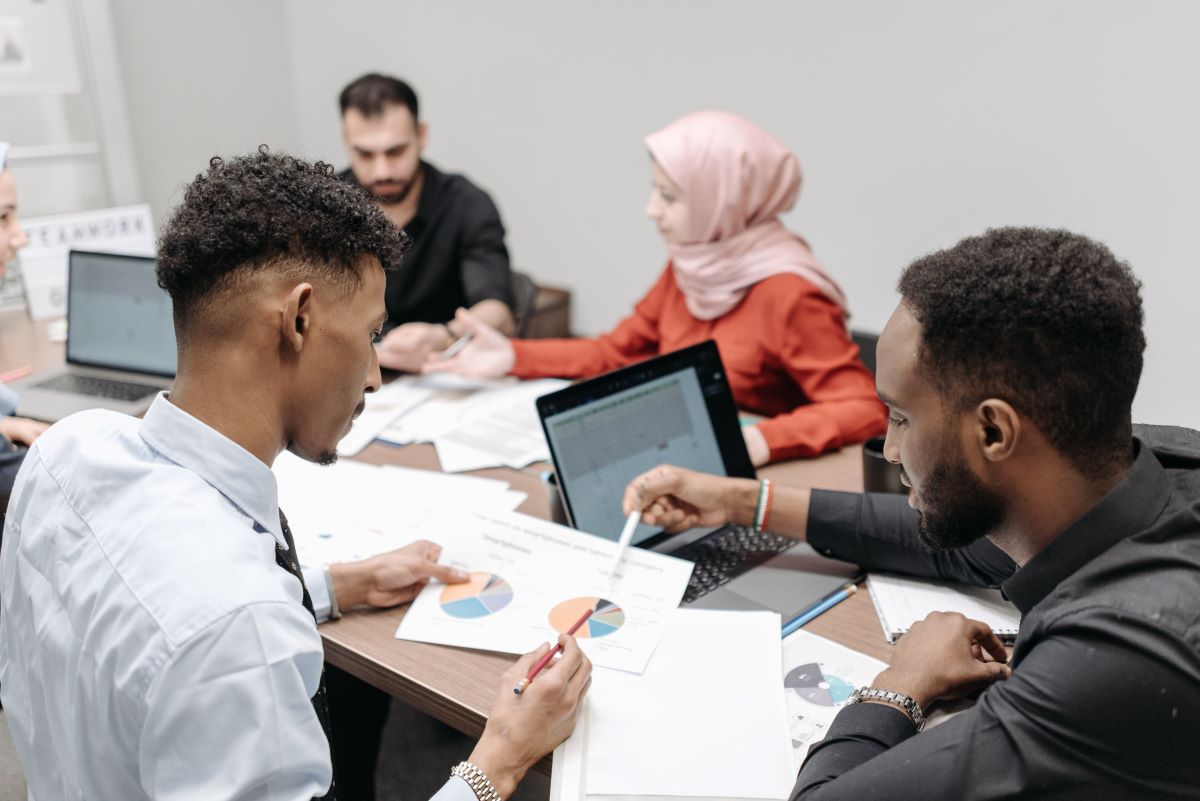‘You’ve got to teach resilience’ Bear Grylls tells The Times Education Commission

Adventurer Bear Grylls (@BearGrylls) Ofsted told The Times Education Commission (@TimesEducation) our education and assessment system is too narrow, and should recognise and reward important life skills, such as resilience.
He explains, ‘you’ve got to honour resilience. You’ve got to teach resilience. You’ve got to praise it. You’ve got to give focus to it.’
He, along with other experts were participating in yesterday’s Times Education Commission evidence session focused on young people’s mental and physical wellbeing.
The founder of Everybody’s Invited Soma Sara also gave evidence about the impact of hardcore porn on young people’s expectations of sex and relationships. She suggested “sex education needs to be an engaging, interactive, a serious lesson – a class that all young people need to be having on a weekly basis.”
The Times Education Commission is a year-long project expected to inform government policy and to lead to radical change across schools, colleges and universities.
The commission brings together experts including senior MPs, business leaders, scientists, head teachers, academics, vice-chancellors and a children’s author. It has a wide-ranging remit, including the curriculum, qualifications, social mobility, exclusions, new technology, lifelong learning and the number of people going to university.
Full quotes below:
BEAR GRYLLS spoke to the Commission about BecomingX – an education platform he founded alongside Paul Gurney to demystify what it takes to succeed in life and help people realise their potential. He told the Commission that the education and assessment system is too narrow, and should recognise and reward important life skills, such as resilience.
“I think you’ve got to honour it. You’ve got to honour resilience. You’ve got to teach resilience. You’ve got to praise it. You’ve got to give focus to it. When it’s just a bit-part on the side, it’s like an “afterwards award”: “We’ve given the first 11 awards, we’ve given the A-grade awards, oh and let’s not forget, hold on, here comes Little Johnny – let’s give him the “Unsung Hero”, what’s it called?” It’s a culture change, isn’t it? You’ve got to teach it. These are skills that can be taught. Every school has these life skills programmes. The problem is they’re incredibly uninspiring and they’re bit-parts of the curriculum. And therefore, if you’re saying to kids it’s a bit-part, it’s an add-on, it’s an extra, it’s an ‘only if you’ve got time’ or if you’ve got nothing better to do, come and join this class. How is it going to be aspirational? But when it’s front and centre, you’re saying: “Guys, happy to focus on the Maths, the science, but actually, I really want to empower you today for life, and this is why this class is the most important class you’re going to learn” then, you know, kids are very malleable – they get this stuff.”
“Failure is number one. When I’m talking about ‘never give up spirit’ what I’m talking about is failure. It really is, it’s number one and it’s the least taught thing in life. If anything, we’re discouraging young people from… how to deal with this is a muscle and it gets stronger the more we exercise it. But it makes us vulnerable so kids don’t try for things because somebody might laugh at them. But it’s all about aspiration. If the teachers and the headteacher in the system is rewarding Number One, Little Johnny or Joanna, who has failed more times than anyone else this term but look at her: she’s smiling and she’s got good relationships and she’s never giving up. If that’s the person you’re rewarding first and you’re celebrating first and giving the biggest trophy to and the biggest cup…”
SOMA SARA, founder of Everyone’s Invited, spoke to the Commission about the impact of hardcore pornography on young people’s education of sex and relationships.
“So when you’re watching porn and you’re being bombarde with these images and these ideas of what sex should be like, it’s like a whole new sexual script. So what young people are doing is they’re learning about how they should conduct sex and sex and relationships through watching porn. So, their minds are basically being formed in watching this really extreme violent visual of what sex should be. And what’s crucial for young people to understand is this is entirely performance, it’s not real sex. And now there’s this growing and increasing expectation of women to engage in extreme sex acts and degrading sex acts in just normal, growing up and having sex.”
“There needs to be a huge focus on literacy, pornography literacy and the impact of porn. What it really means. It’s so, so important. Sex eduation needs to be up to date with the reality of young people and what they’re watching, what they’re invovled in and what their sex lives are actually like. That definitely means addressing the issue of porn in a big way. And sex education needs to be an engaging, interactive, a serious lesson – a class that all young people need to be having on a weekly basis. It can’t just be a joke lesson. It’s such a crucial and important part of life. Sex and relationships are the heart of all of our being here.”
PETER BAZALGETTE highlighted the economic value of Britain’s creative output and an “apartheid” between state and private schools with regard to the provision of arts education.
“There are many, many excellent schools, but the one question I would ask is: Why should the 7% of pupils in private schools get the brilliant arts and cultural education that some pupils in state schools don’t get? What on earth could be the explanation of that inequity?”
“Let’s not underestimate the challenges in the state sector to raise standards and to get people focused on really achieving and to get people from deprived backgrounds to excel, themselves. So, I think we should take all that on board but, at the end of the day, the apartheid between the state, in some aspects, not all state schools, but some state schools, the apartheid between that in private schools and arts and cultural provision is really shocking.”
“The last comprehensive numbers we have for the creative sector are from 2019, which is slightly out of date, but it was 6% of GVA at that time – £11b6n – about 6% GVA of the economy, growing at three or four times the economy up to 2019…”
“We’re a nation of ideas, not a nation of manufacturers. We provide the software to the world. So, we don’t own Samsung, but we do produce the top dramas that go out on telly. We didn’t create in Britain Apple iPhones and iTunes, but we have Adele and Ed Sheeran. We don’t make XBoxes, but we make some of the top video games in the world. You get it? We’re recognised and it’s one of our strengths, maybe it’s to do with our culture – that’s a conversation for another time – as having this extraordinarily creative ability and in economic terms, leave aside cultural terms, which is another subject, it’s very very strong. And that’s one of the reasons why the sector is growing so strongly.”











Responses